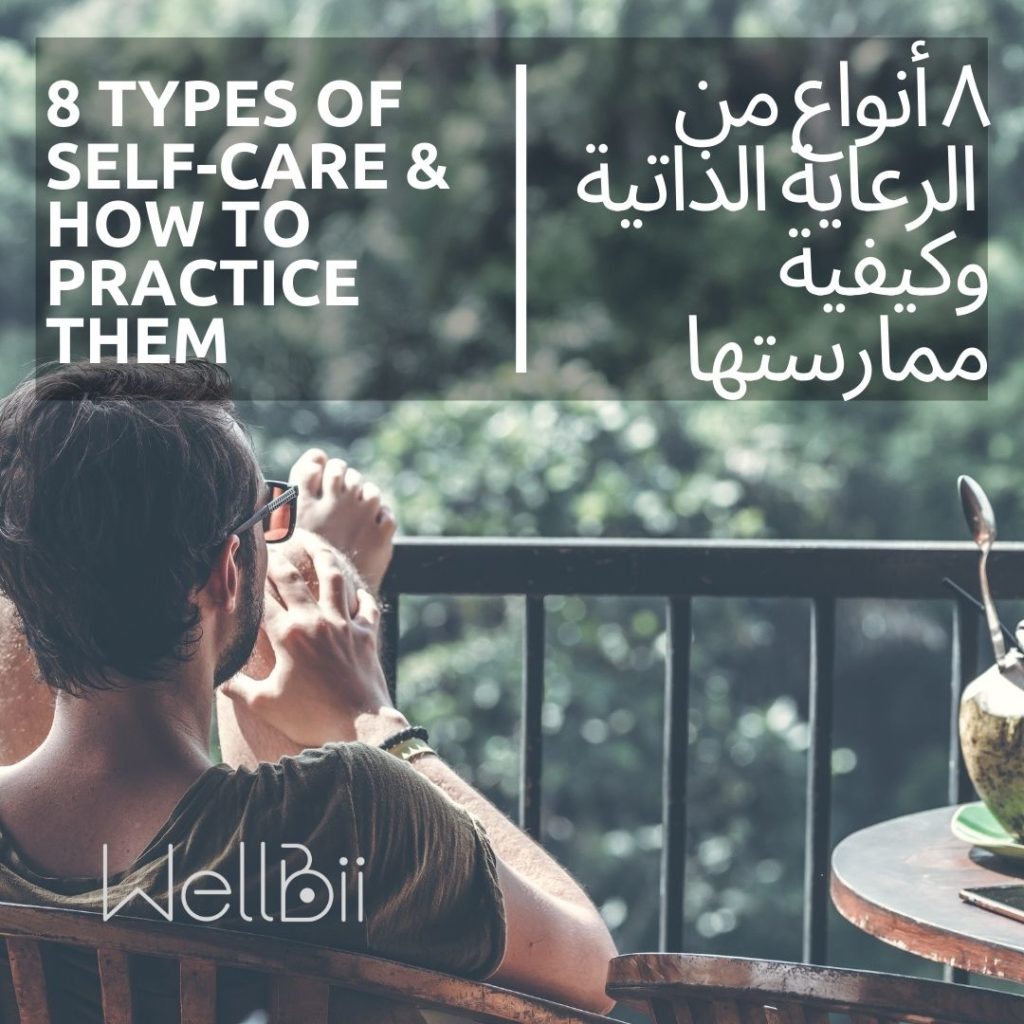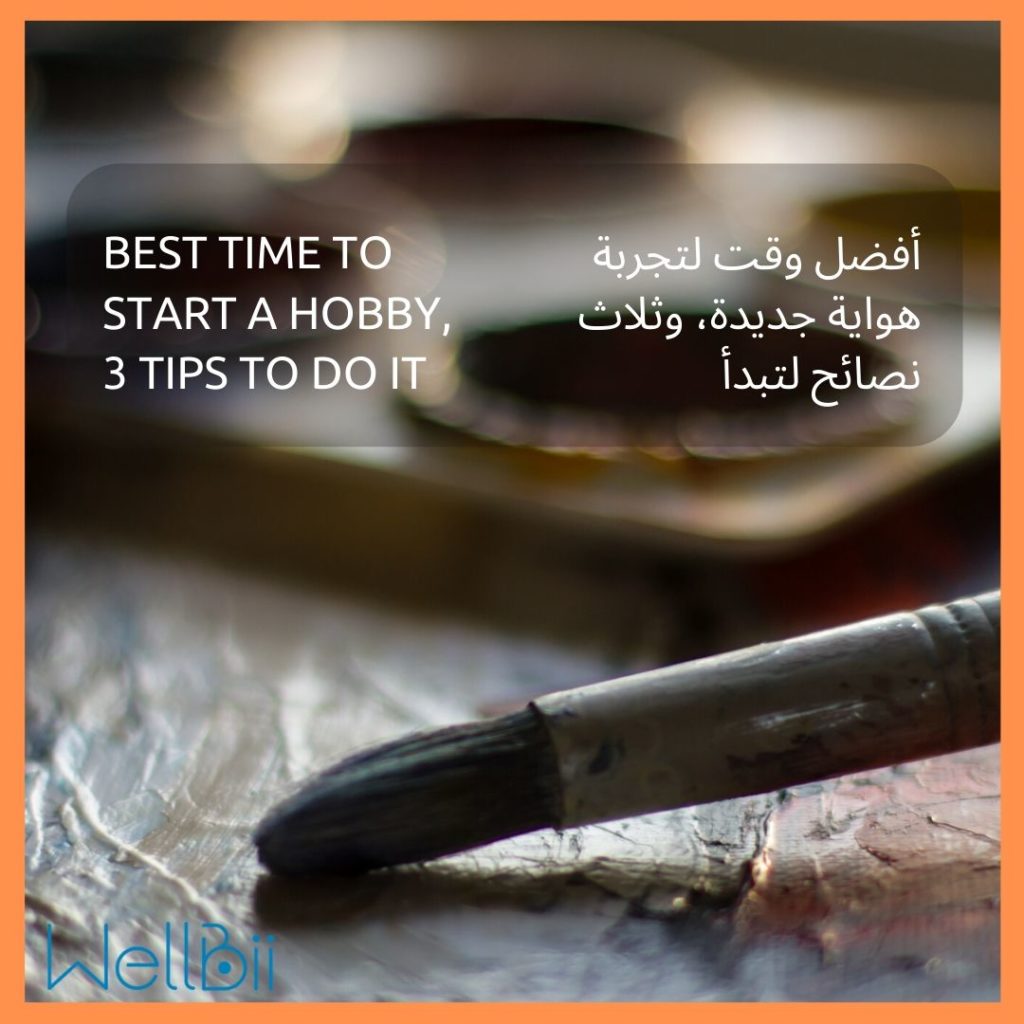5 WAYS TO MAKE YOUR DAY LAST LONGER

Despite the fact that everyone knows that a day has 24 hours, an hour has 60 minutes, and a minute has 60 seconds, etc., our sense of time is individual, and it can change during the day and during parts of our lifetime. If we load our brain with new information, the extra time it takes to process it will make us feel that time is moving much more slowly and the day will seem significantly longer as a result. You can make your day last longer in five ways:
Being spontaneous
Surprises help us shake and inflame sensations. You should surprise and stun your brain with spontaneous decisions and impressions. After all, as we already know, the less information is known and the less time the brain will process it, the longer will time go.
Trying new things
New activities associated with new vivid sensations also increase feelings and make the brain more alert. It can be a new sport or a new hobby, when the brain pays attention to every little thing, and the time stretches and feels longer.
Getting to know new people
Communication with people, especially new ones, requires considerable spiritual strength and energy, because you need to understand and “process” them. Socializing is also an excellent training method for the brain. In addition, communicating with new people gives us a lot of new information – both about them and from them.
For online coaching click here
Visiting new places and getting out of the box
New information (new people, smells, sounds, colors, etc.) needs to be processed by the brain when you change the environment. It does not necessarily have to be a trip. You can change the environment by taking your work to a cafe, choosing a new restaurant for dinner, or changing the route going for a daily walk.
Studying
Reading, attending various courses, mastering new knowledge and skills will give a plenty of new food for thought, which will feel like time goes by slower.
What do you do to make the most out of your day?
For the full article click here






Responses